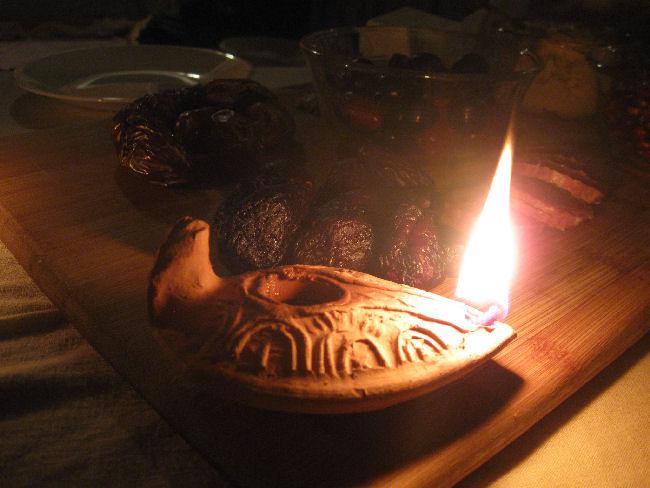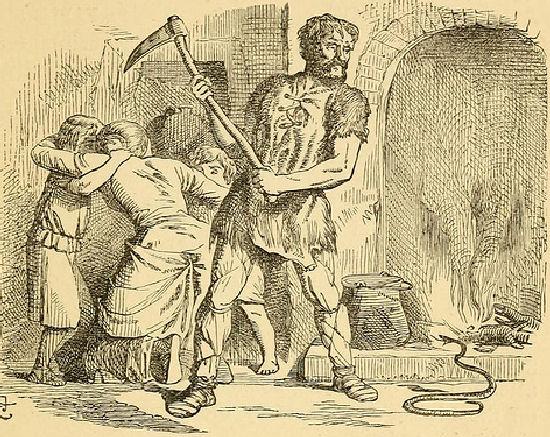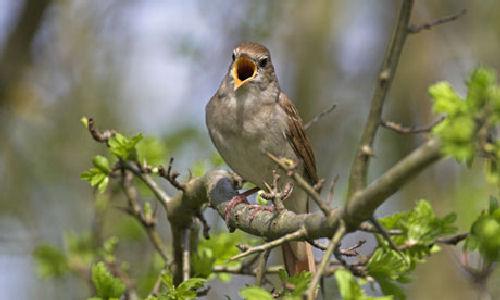204.The Lamp
A LAMP, soaked with too much oil and flaring brightly, boasted that it gave more light than the sun. Then a sudden puff of wind arose, and the lamp was at once blown out. Its owner lit it again, and said:
“Boast no more, but from now on be content to give your light in silence. Know that not even the stars need to be relit.”
❖ A little stumble may prevent a fall .
203.The Lamb and the Wolf
A WOLF pursued a lamb, which fled for refuge to a certain Temple. The wolf called out to him and said, “The priest will slay you in sacrifice, if he should catch you.”
The lamb replied, “It would be better for me to be sacrificed in the temple than to be eaten by you.”
❖ “It would add up to the same,” seems to be a more correct answer.
202.The Labourer and the Snake
A SNAKE, having made his hole close to the porch of a cottage, inflicted a mortal bite on the cottager’s infant son. Grieving over his loss, the father decided to kill the snake. The next day, when it came out of its hole for food, he took up his axe, but by swinging too hastily, missed its head and cut off only the end of its tail.
After some time the cottager, afraid that the snake would bite him also, endeavored to make peace, and placed some bread and salt in the hole. The snake, slightly hissing, said:
“From now on there can be no peace between us; for whenever I see you I shall remember the loss of my tail, and whenever you see me you will be thinking of the death of your son.”
❖ No one truly forgets injuries in the presence of him who caused the injury.
❖ INJURIES MAY BE FORGIVEN, BUT NOT FORGOTTEN.
201.The Labourer and the Nightingale
A LABOURER lay listening to a Nightingale’s song throughout the summer night. So pleased was he with it that the next night he set a trap for it and captured it. “Now that I have caught thee,” he cried, “though shalt always sing to me.”
“We Nightingales never sing in a cage,” said the bird.
“Then I’ll eat thee,” said the Labourer. “I have always heard say that nightingale on toast is a dainty morsel.”
“Nay, kill me not,” said the Nightingale; “but let me free, and I’ll tell thee three things far better worth than my poor body.” The Labourer let him loose, and he flew up to a branch of a tree and said: “Never believe a captive’s promise; that’s one thing. Then again: Keep what you have. And third piece of advice is: Sorrow not over what is lost forever.” Then the song-bird flew away.
$ Never believe a captive’s promise.
$ Keep what you have.
$ Don’t feel sorry for what is lost forever.





